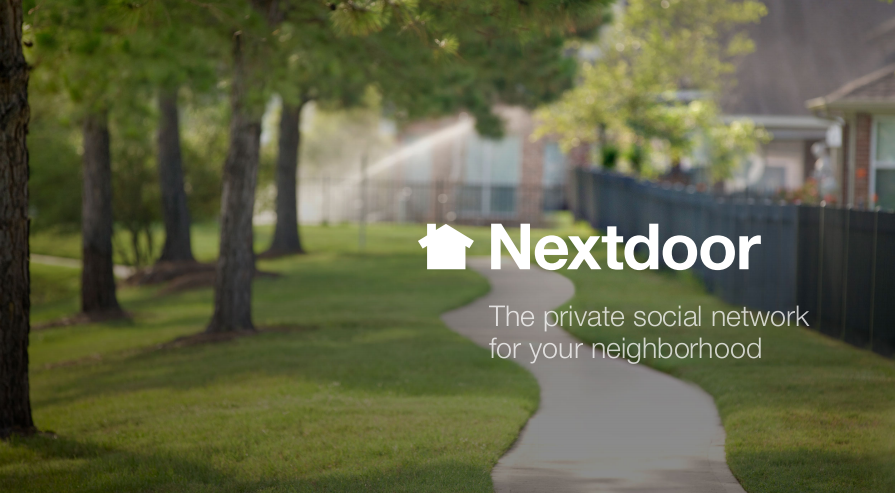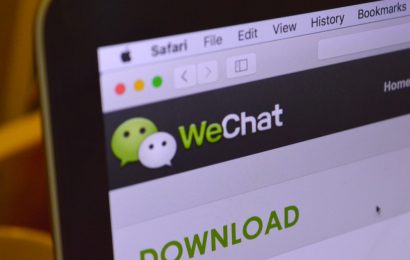Nextdoor is a new social network that helps neighbors communicate with each other.
Tolia, aged 45, is the businessman behind the new social network. The company has been expanding a lot over the past seven years.
They wanted from the very first start to have a different path than the existing apps. This new social network had a slow-growth, due to the fact that Nextdoor relies on a crowd-sourced approach. However, this strategy has started to pay off: five years ago, they only had around 7,000 neighborhood groups, while now they have somewhere around 137,000. This number makes for almost 70% of America’s neighborhoods.
“We’re not Snapchat, we’re not Instagram. We don’t have 50 million users in six months.” – Tolia said
The social network has been called “the anti-Facebook”. However, a better description of it would be the version of Facebook that Mark Zuckerberg had wished to create.
Nextdoor app
This social network is aiming to bring neighbors together. Each neighborhood can have its own group and users can name it however they want.
Members are required to use real names and addresses. The app not only verifies identities but also enforces a culture of civility with rules that do not allow the members to debate controversial things outside their area. The app warns you from the very first start that you cannot “berate”, “swear”, or “troll” and asks you to report any neighbors who do so. Moreover, ranting is out of the questions. You cannot use ALL CAPS, excessive punctuation, make accusations, or speak in a provocative way.
Having so many rules makes everyone wonder how the app could ever survive more than 24 hours. However, the company believes that they are essential.
Monetizing Nextdoor
The key element of monetizing the neighborhood app is their cache of verified data. They also claim that they are going to offer a level of targeting that is even more specific than what Facebook and Google currently have. This means that advertising will be even more reliable.
Furthermore, the data gathered by Nextdoor could be useful in political advertising. However, the downside is that the ads will work only if the users are discussing politics. This may be a very good explanation for why Nextdoor has started to host local forums on political topics.
“We want to create a kind of area in the service where those conversations can happen, and people can passionately argue one way or another,” Tolia said.
The future of the neighborhood app is debatable, and only time can tell if the results are going to be the expected ones.




